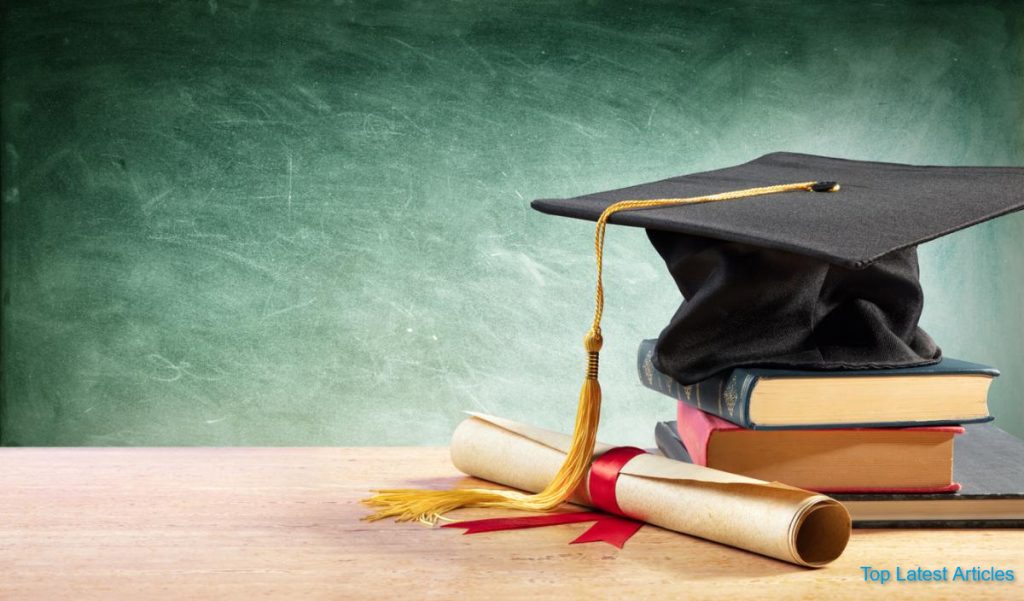Education is a fundamental pillar for the progress and development of any nation. In the case of Pakistan, while strides have been made in recent years, the education system still grapples with numerous challenges that hinder its effectiveness. This article delves into some of the prominent issues facing education in Pakistan and discusses potential solutions to address these challenges.
- Access to Education: One of the primary concerns in Pakistan’s education system is the limited access to quality education, particularly in rural areas. Many children, especially girls, still do not have access to basic education due to factors such as poverty, gender discrimination, and a lack of schools in remote regions. Efforts to enhance infrastructure and create incentives for attendance are crucial to improving access.
- Quality of Education: While enrollment rates have increased, the quality of education remains a significant issue. Outdated curricula, inadequate teacher training, and a lack of modern teaching methods contribute to a subpar learning experience. Focusing on curriculum reform, teacher development programs, and integrating technology into classrooms are essential steps to improve the quality of education.
- Gender Disparities: Gender inequality remains a pervasive issue in Pakistani society, impacting education significantly. Girls face cultural and societal barriers that impede their access to education. Empowering women through awareness campaigns, providing safe and secure learning environments, and addressing societal norms that hinder girls’ education are crucial steps to bridge the gender gap.
- Infrastructure and Facilities: Many schools in Pakistan lack proper infrastructure, including basic amenities like electricity, clean water, and sanitation facilities. Dilapidated buildings and inadequate resources hinder the learning environment. Investment in school infrastructure and facilities is imperative to create a conducive atmosphere for learning.
- Teacher Shortages and Quality: Pakistan faces a shortage of qualified teachers, particularly in remote areas. Moreover, teacher training programs need enhancement to ensure educators are equipped with modern teaching methodologies. Initiatives to attract and train qualified teachers, along with ongoing professional development, are essential to address this issue.
- Education Financing: Adequate funding is crucial for the improvement of the education system. Pakistan’s education sector often faces budget constraints, leading to a lack of resources for schools, teacher salaries, and educational materials. Advocacy for increased education budgets, efficient allocation of funds, and transparent financial management can contribute to overcoming these challenges.
Addressing the education problems in Pakistan requires a multifaceted approach involving government intervention, community participation, and collaboration with non-governmental organizations. By focusing on access, quality, gender equality, infrastructure, teacher development, and adequate financing, Pakistan can work towards creating a robust and inclusive education system that fosters the intellectual and social development of its youth, paving the way for a brighter future.

